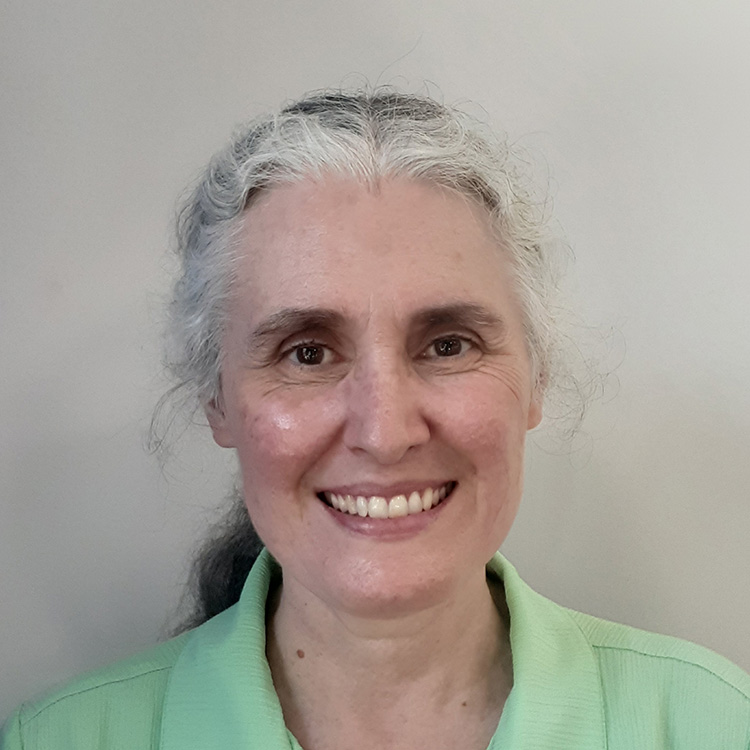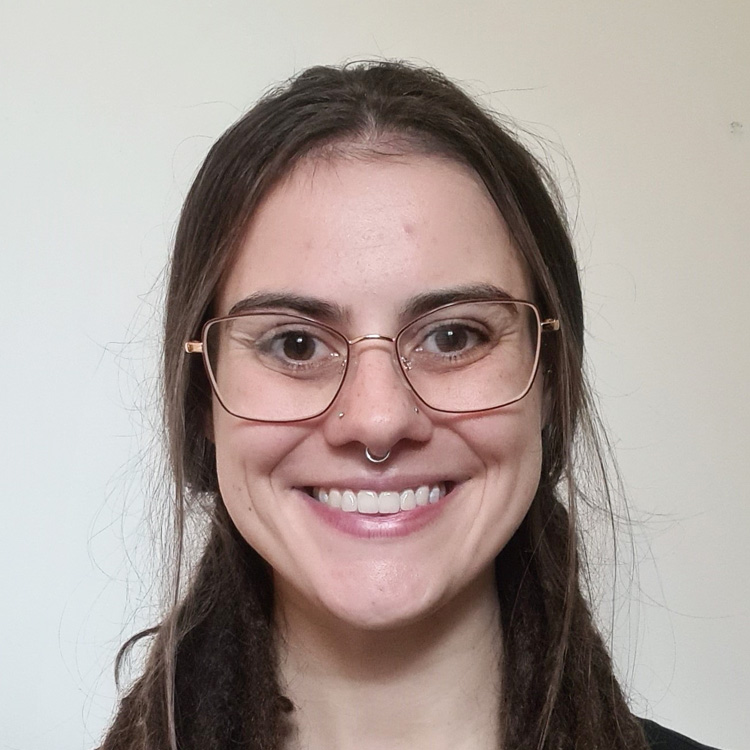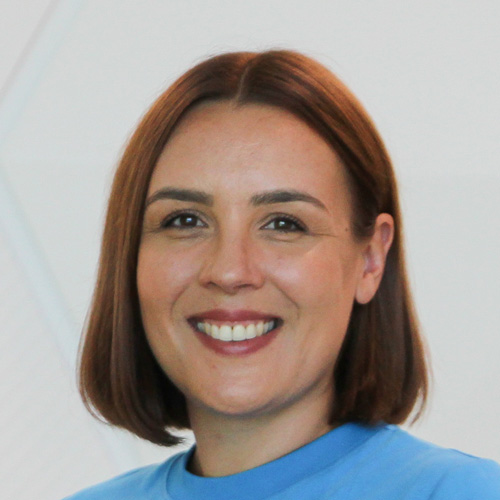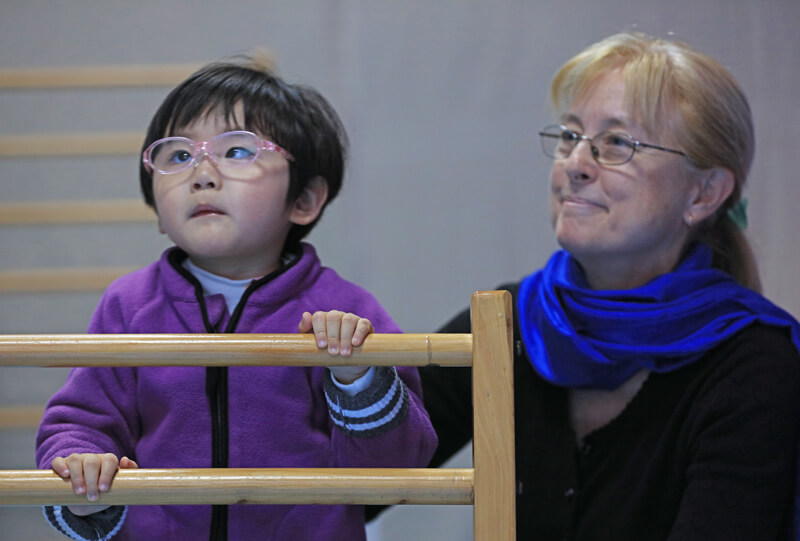Search
Research
The common BDNF polymorphism may be a modifier of disease severity in Rett syndromeRett syndrome (RTT) is caused by mutations in the transcriptional repressor methyl CpG-binding protein 2 (MECP2).
Research
Siblings of children with disabilities: challenges and opportunitiesSiblings of children with disabilities: challenges and opportunities
Research
Investigating genotype-phenotype relationships in Rett syndrome using an international data setThis study uses data from a large international database, InterRett, to examine genotype-phenotype relationships and compares these with previous findings in...



People
Jess KeeleyWithin the Child Disability Team Jess has contributed to research that aims to improve understanding and measurement of the communication of people with CDKL5 Deficiency Disorder (CDD) by conducting and analysing interviews with families.

News & Events
Research enriching the lives of girls with Rett syndromeA program developed by The Kids Research Institute Australia researcher Dr Jenny Downs has led to dramatic improvements in the functioning of Chinese children with Rett syndrome, and could change the world.
Research
Comparing home polysomnography with transcutaneous CO2 monitoring to laboratory polysomnography in children with neuromuscular disordersClinical utility of home polysomnography in children with neuromuscular disorders is limited by lack of evidence that sleep-disordered breathing can be reliably identified and inability to diagnose hypoventilation because carbon dioxide is not measured.
Research
Plasma Cortisol Levels in Infants With Respiratory Distress During Different Phases of Neonatal Transport: A Pilot Prospective Observational Before-After StudyThe transport of sick newborn infants with respiratory distress leads to unwanted stress at time of physiological instability. There is dearth of studies to evaluate these stress levels. This pilot prospective observational before-after study aimed to evaluate the plasma cortisol levels (as surrogate marker of stress) in infants with respiratory distress during different phases of neonatal transport.
Research
Access to Oral Healthcare in Individuals With Rett Syndrome: A Qualitative Study of Parent PerspectivesIntellectual and developmental disabilities (IDD) are varied in their nature and presentation. Barriers to oral healthcare are reported in studies of general populations with IDD but these may not reflect the barriers experienced by individuals with rare disorders such as Rett syndrome.
